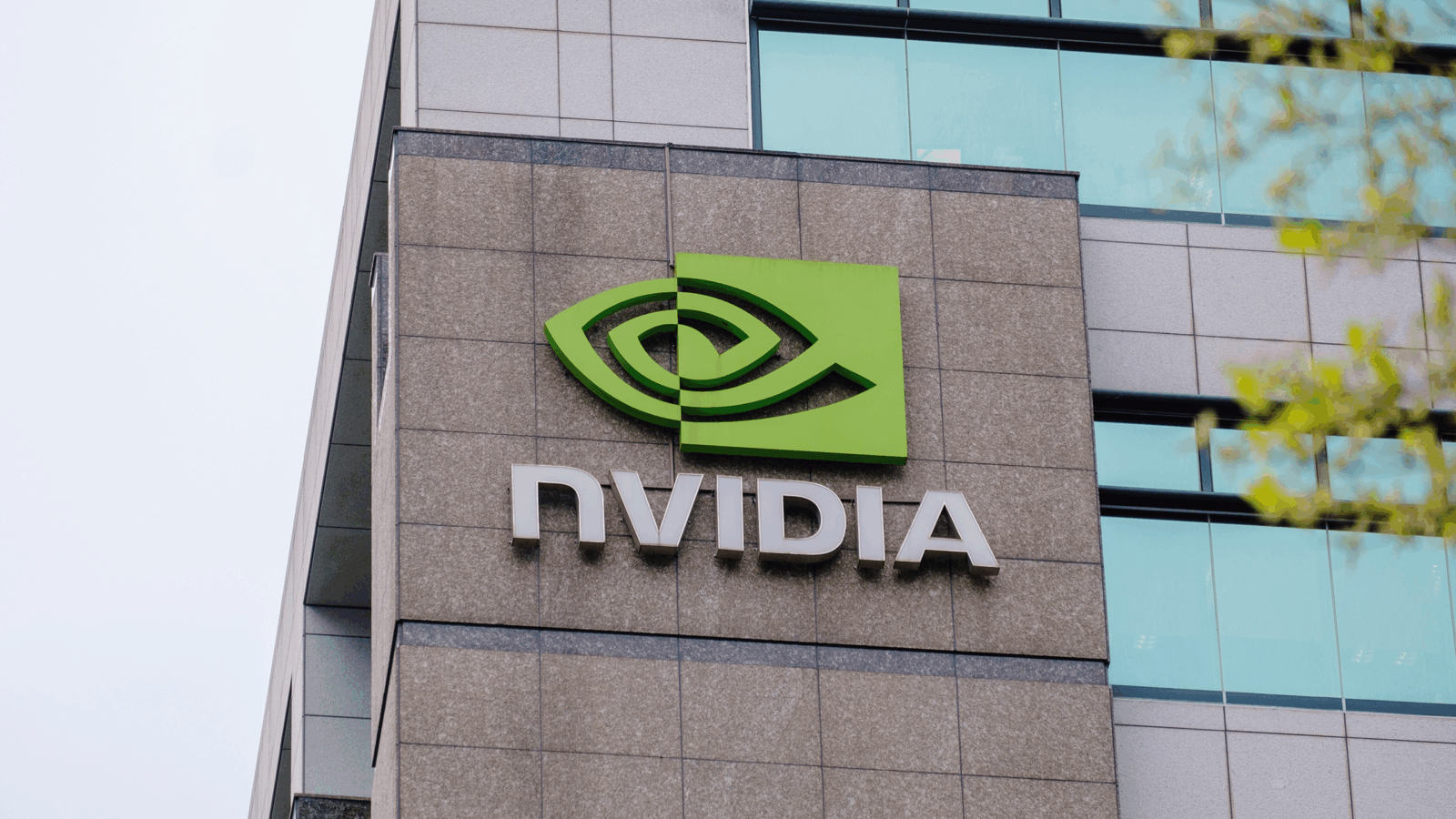Amazon Added Facebook’s Satellite Unit to Its Multibillion-Dollar Effort to Beam the Internet From Space

Sign up for smart news, insights, and analysis on the biggest financial stories of the day.
In the race to bring wireless satellite internet to the world, Facebook is taking a cue from its founder’s stint at Harvard…and dropping out.
On Wednesday, the company confirmed it’s given up on ambitions to beam broadband connectivity from satellites down to earth. Facebook instead sold its team of wireless internet experts to Amazon, which is engaged in a multibillion-dollar quest to be the leading orbital internet provider.
4 Billion New Customers
Facebook began toying with satellite wi-fi in 2018, the same year it shut down an internet drone project. But the company never went all-in on the venture, something Amazon most certainly has done:
- The e-commerce giant plans to invest $10 billion to launch 3,236 satellites into low-earth orbit by 2029, which will transmit wi-fi to the U.S. and around the world. Amazon got FCC approval to operate the network last year and aims to have half of its fleet in flight by 2026.
- Facebook’s former satellite team consists of roughly a dozen physicists and engineers with expertise in aeronautical systems and wireless networks. The squad joined Amazon in April, which now has 500 employees working on satellite internet under the code name Project Kuiper.
“If you get everyone access to the internet then you’ve just doubled your total addressable market for e-commerce, cloud, internet, and any other business Amazon wants to do,” Chad Anderson, CEO of venture capital firm Space Angels, told CNBC. “You can see the clear profit motive here for Amazon: 4 billion new customers,” added ARK Invest analyst Sam Korus.
Not Alone in the Universe: Amazon isn’t the only major player trying to reign supreme over the satellite wifi market. Elon Musk’s SpaceX already has 1,300 satellites in orbit, with plans to launch 12,000 more, but the firm’s Starlink beta service has reportedly been patchy. And British communications company OneWeb is trying for its own smaller network but is also fresh off emerging from bankruptcy protection.











